The International Fund for Agricultural Development (IFAD) has launched a multi-million euro fund which provides loans and equity investments for rural small and medium scale enterprises (SMEs), farmers’ organisations, agricultural entrepreneurs and rural financial institutions across the globe.
The agribusiness capital (ABC) fund launched during IFAD’s annual general council meeting in Rome, Italy, seeks to mobilise 200 million euros from investors over the next 10 years, for the “much needed capital” in developing countries.
It is also being supported by the European Union, the Africa Caribbean Pacific group of states (ACP), the government of Luxembourg and the Alliance for a Green Revolution in Africa (AGRA), and managed by Bamboo Capital Fund with Injaro Investments Limited, as investment advisor.
According to Gilbert F. Houngbo, IFAD president, “the launch of the ABC fund is an important step “to realise the huge potential of small farmers, their organisations, and most importantly young people.”
Advertisement
He added that small and medium-sized enterprises can offer communities a pathway out of poverty and hunger “only if they can access the resources they need.”
Speaking on the sidelines of the council meeting, Florian Kemmerich, managing partner at Bamboo, said farmers and agri-preneurs can get loans of between $100,000 to $1 million from the fund through financial intermediaries.
Advertisement
He said the private impact investment fund will kick off in sub-Saharan Africa, with a particular focus on young people.
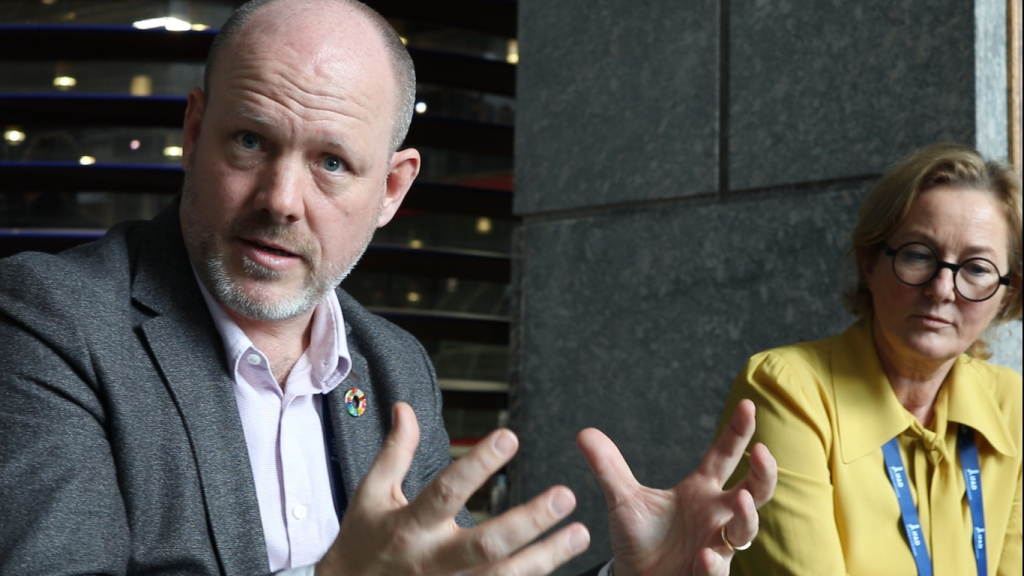
Alvaro Lario, IFAD’s associate vice-president, said last year, at least 50 percent of loans from the ABC Fund would be in Africa.
Here is why: Africa is estimated to have the world’s youngest population, with 60 percent of its 1.2 billion people under the age of 25.
Despite this, only 3 million jobs are created for some 12 million young people who enter the workforce each year, according to the African Development Bank. More than 70 percent of young farmers say access to finance is the main obstacle they face, according to IFAD.
Advertisement
Nigeria’s case is even more pathetic where over 91 million people out of a population of close to 200 million are living in extreme poverty. Statistics from the National Bureau of Statistics (NBS) show that 52.65 of the youth which translates to 22.64 million are either jobless or underemployed as at the fourth quarter of 2017, with agriculture being seen as a “filty” or “hard” labour only for the rural dwellers.
So far, the EU/ACP say they have committed EUR 45 million, Luxembourg EUR 5 million and AGRA EUR 4.5 million to the fund. And obtaining loan does not require farmers risking all your assets.
What else should you know about the ABC fund?
The fund was established to target majorly small holder farmers and SMEs that struggle to access capital and financial services. It is estimated that some 700,000 households would benefit from ABC fund interventions. So, if you have a good business in the agricultural sector and you want to grow into something bigger with a larger sum of money which banks don’t give, then you are part of the target.
Advertisement
How exactly are the loans obtained?
According to Kemmerich, IFAD’s business is largely with financial intermediaries such as microfinance banks. So, if you have a farm and work with microfinance institutions, it is the institutions that would act as your front and deal directly with IFAD and the other partners.In the end, the loans are sent through them.
Advertisement
What are the criteria?
Any household who works with a micro finance institution and passes the regulations of doing things trustfully can have access to the fund. The other criteria will be set in due course, according to the IFAD and its partners.
Advertisement
What kind of collateral?
Not determined yet but the initiators say it will be “within reach”.
Advertisement
Will there be return on investment?
Yes. The fund is not a grant or an act of philanthropy. It is for profit approach in very risky environment, for the “missing middle” ie. small-scale agri-preneurs and SMEs having difficulty accessing funds. And according to Kemmerich, “sustainability only goes with profitability.”
Are their priority sectors?
Kemmerich says no. “Our consideration is based on what we see when we look at the project and possibilities and the feasibility of achieving them. So, you cannot say it is for everybody. But sustainable development is put into consideration.” He adds that although it is a global fund, the first port of call is sub-saharan Africa. “The focus for now is on Africa from where the funding expands to other parts of the world.”
At what interest rate?
The funders said this has not been determined yet, considering discrepancies including exchange rates and other differences among countries. “But it will be affordable”, Kemmerich says. “The goal is to inject money in a segment where there is no access and to help the agricultural entrepreneurs develop their skills.”
3 comments

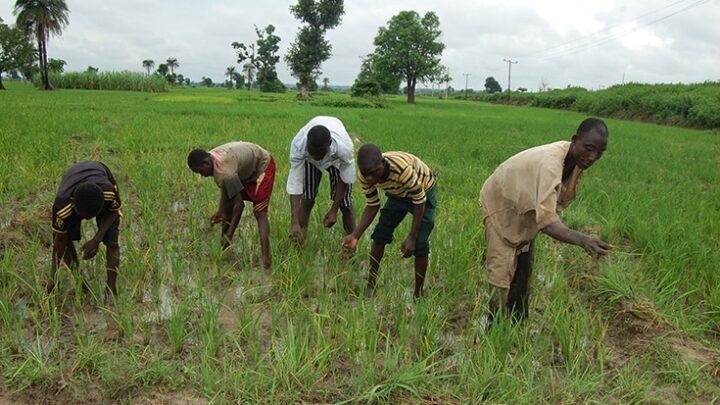
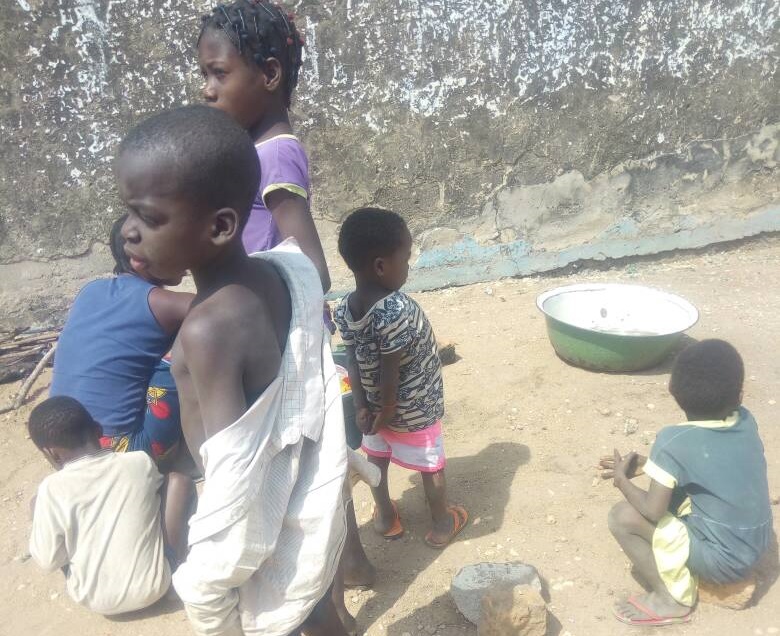
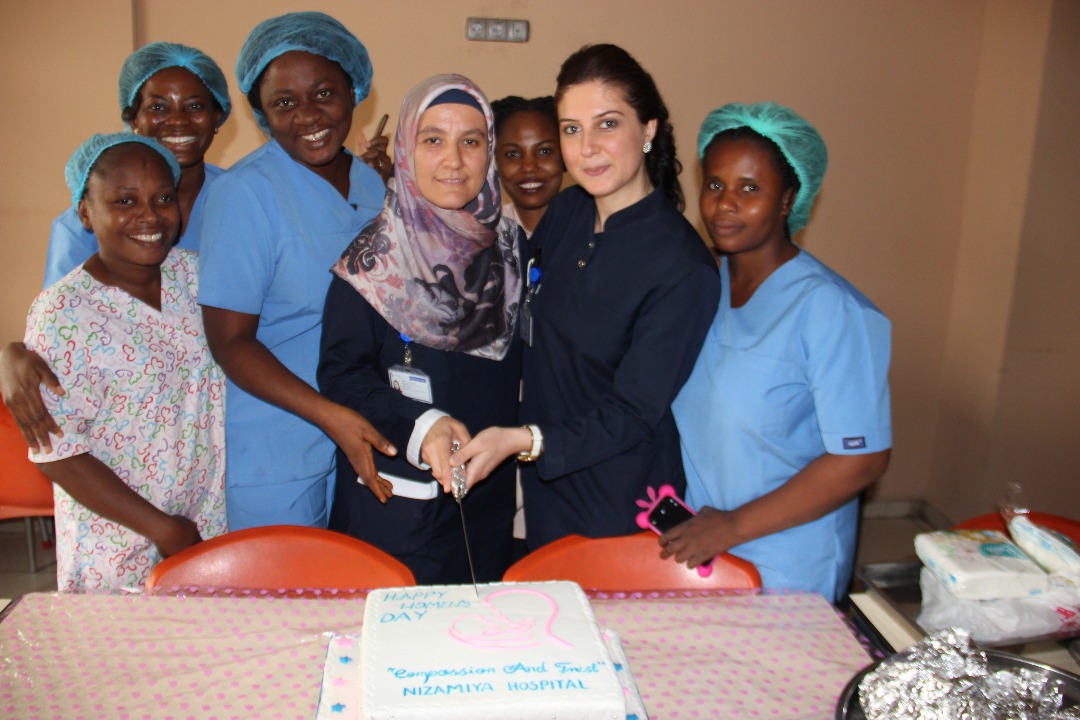

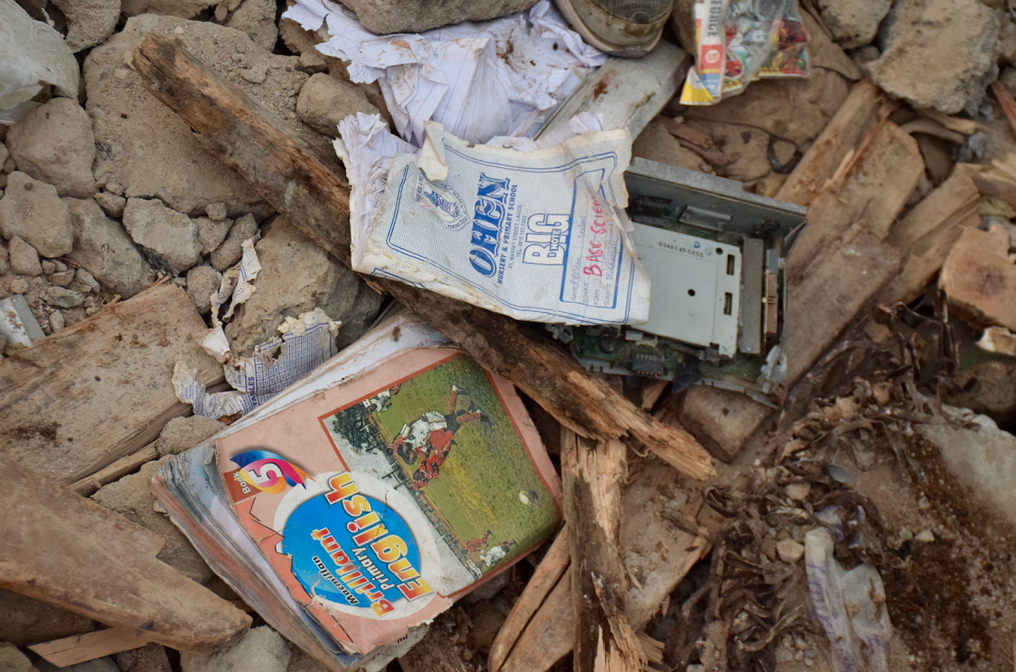


Am a farmer, I wish to be a beneficiary,and how will I go about it, so as to enable me access the agric loan
I am from India with 28 years in Urea manufacturing Company. I want to put organic fertilizer manufacturing plant in East Africa – Gambia ,to benefit three nations- The Gambia , Guinea Bissau and Seirra Leone.
This organic based fertilizer which I have been working for three years replacing synthetic Fertilizers P&K grades with increase in yield across 11 crops and plantation
Please I’m 35years and into cassava processing and farming in Ghana, access to agri loans in Ghana is very very difficult leading to the youth not delighted to enter into Agricultural practices hence, engaging themselves in social vices acts. Please how can we access this your wonderful loans to help us equip our farming and processing activities. Thank you